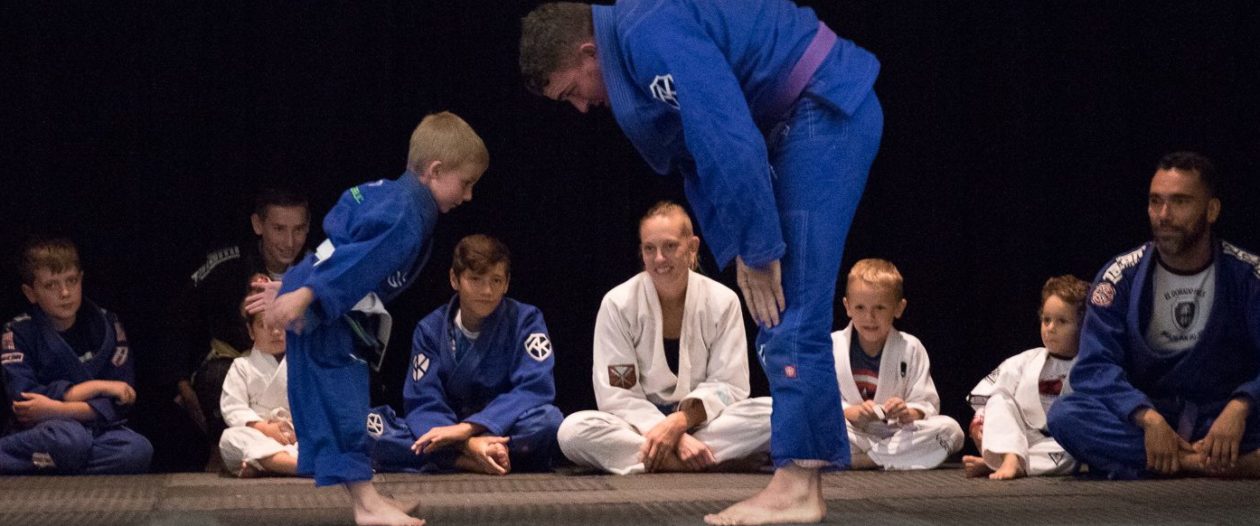Jiu Jitsu tournaments provide a platform for practitioners to test their skills and compete against equally passionate opponents. However, success in these competitions does not come easily. It requires meticulous preparation, both physically and mentally, to ensure optimal performance. In this essay, we will explore the essential aspects of Jiu Jitsu tournament preparation, highlighting the significance of conditioning, technique refinement, mental fortitude, and strategic planning.
Jiu Jitsu is an incredibly demanding sport that requires a high level of physical fitness. Athletes must possess strength, endurance, flexibility, and agility to excel in the tournament setting. Preparing one’s body through a well-rounded conditioning program is crucial for success. This program may include cardiovascular exercises to improve stamina, strength training to build functional muscle, and flexibility training to enhance joint mobility. Moreover, specific Jiu Jitsu drills and exercises targeting core strength and explosiveness are essential to execute techniques effectively.
Technique refinement is the backbone of Jiu Jitsu tournament preparation. Practitioners must devote ample time to drilling and refining their techniques to ensure precision and efficiency in execution. This involves practicing fundamental moves such as sweeps, submissions, escapes, and transitions. Additionally, studying and analyzing different strategies, positions, and submissions used by successful competitors can provide valuable insights to expand one’s repertoire of techniques. Continuous refinement and mastery of techniques not only enhance performance but also boost confidence when facing challenging opponents.
Jiu Jitsu tournaments demand mental resilience and composure, as matches can be physically and mentally draining. Athletes must develop mental fortitude to overcome the pressure, stress, and potential setbacks they may encounter during competition. Mental preparation involves various strategies such as visualization, meditation, and positive self-talk. Visualizing successful execution of techniques and envisioning oneself victorious can enhance focus and confidence. Meditation and mindfulness practices can help manage anxiety and maintain mental clarity during intense matches. Positive self-talk is also crucial, as it reinforces belief in one’s abilities and helps overcome self-doubt.
Strategic planning plays a vital role in Jiu Jitsu tournament preparation. It involves analyzing opponents’ strengths, weaknesses, and preferred techniques to formulate an effective game plan. Understanding an opponent’s tendencies can provide valuable insights to exploit their vulnerabilities. Additionally, developing a diverse set of strategies that adapt to different situations within a match is crucial. This includes recognizing opportunities to attack, defend, or counterattack based on the opponent’s reactions. Coaches and training partners play an instrumental role in devising effective strategies and helping athletes refine their tactical approach.
Preparing for a Jiu Jitsu tournament requires a holistic approach that encompasses physical conditioning, technique refinement, mental fortitude, and strategic planning. Athletes must commit themselves to rigorous training and discipline in each of these areas to maximize their chances of success. The combination of physical fitness, technical proficiency, mental resilience, and strategic acumen sets the stage for achieving victory in the competitive arena. By diligently preparing in these areas, Jiu Jitsu practitioners can enter tournaments with confidence and pursue their goals with determination.
Coach Danny
